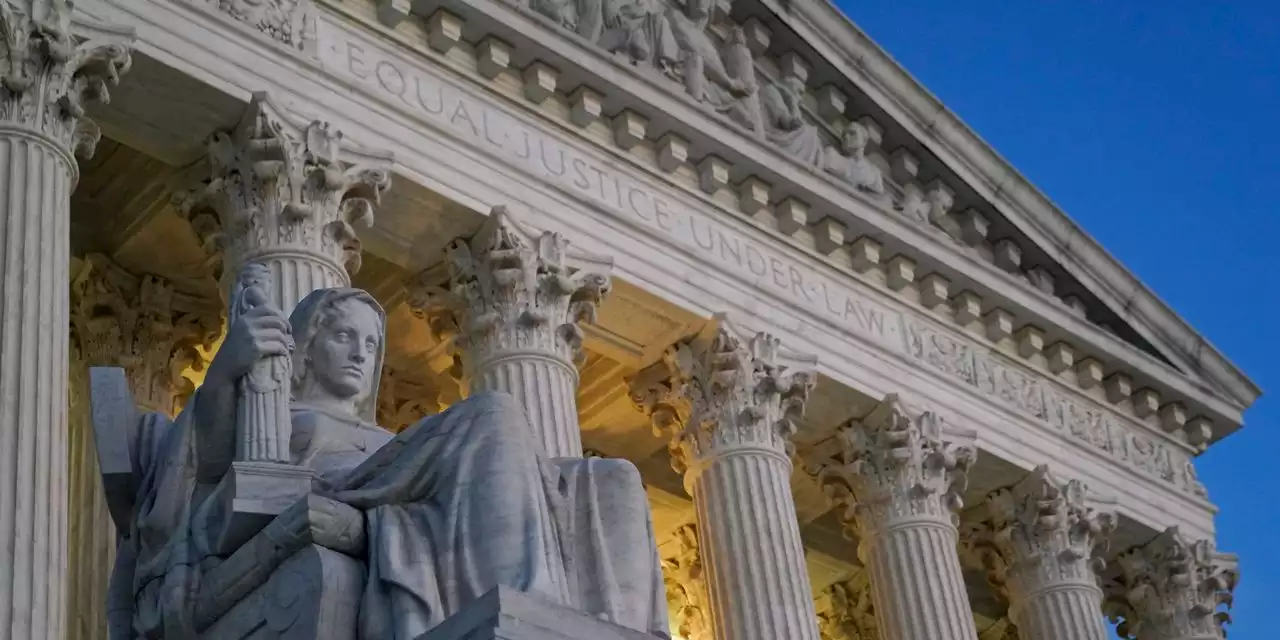If Section 230 weren’t in place, social media companies would have even more pressure on them to suppress speech
The court heard arguments in Gonzalez vs. Google which focused mostly on whether tech companies should be held civilly liable for content promoted by their algorithms.
Section 230 was written years before Facebook or even MySpace entered our world when people went online using services like Compuserve and Prodigy. Both of these companies had forums. At that time, I was a columnist at Compuserve and also a columnist and forum host at Prodigy. Prodigy’s forums were moderated — a human decided whether a post was appropriate. Compuserve’s forums were more of a free-for-all.
In many ways, Section 230 is like a Good Samaritan Law that protects health care workers and others who render aid in an emergency. Without such a law, if you stop and help, you could wind up in court. But if you just drive by and do nothing, you won’t get into trouble. What Section 230 did was to allow companies to moderate content without adding the risk of being sued if offensive content got through anyway.
While I don’t fully agree with the Democrats’ argument, I at least understand it, but I’m baffled by the Republican argument. If 230 weren’t in place, social media companies would have even more pressure on them to suppress speech that might lead to violence, misinformation about vaccines or other alleged harms because they could be held liable.
Australia Latest News, Australia Headlines
Similar News:You can also read news stories similar to this one that we have collected from other news sources.
 Supreme Court looks at law that helped shape modern internetThe justices are hearing arguments Tuesday about whether the family of an American college student killed in a terrorist attack in Paris can sue Google for helping extremists spread their message and attract new recruits.
Supreme Court looks at law that helped shape modern internetThe justices are hearing arguments Tuesday about whether the family of an American college student killed in a terrorist attack in Paris can sue Google for helping extremists spread their message and attract new recruits.
Read more »
 Supreme Court rejects Ohio man’s bid to sue police over arrest for Facebook parodyThe Supreme Court rejected an Ohio man’s claim that his constitutional rights were violated when he was prosecuted for making satirical posts about his local police department on Facebook.
Supreme Court rejects Ohio man’s bid to sue police over arrest for Facebook parodyThe Supreme Court rejected an Ohio man’s claim that his constitutional rights were violated when he was prosecuted for making satirical posts about his local police department on Facebook.
Read more »
 Supreme Court denies case backed by The Onion of Ohio man arrested after making satireSCOTUS will not hear an appeal from an Ohio man who was arrested after creating a parody Facebook page to make fun of his local police department, a case supported by TheOnion. Anthony Novak was arrested and indicted, but was later acquitted by a jury.
Supreme Court denies case backed by The Onion of Ohio man arrested after making satireSCOTUS will not hear an appeal from an Ohio man who was arrested after creating a parody Facebook page to make fun of his local police department, a case supported by TheOnion. Anthony Novak was arrested and indicted, but was later acquitted by a jury.
Read more »
 Wisconsin votes on balance of state Supreme Court as abortion, election rights decisions loomThe race has garnered national attention because the winner could hold the key to several pivotal votes on some of the state’s most important issues, including abortion and election rights.
Wisconsin votes on balance of state Supreme Court as abortion, election rights decisions loomThe race has garnered national attention because the winner could hold the key to several pivotal votes on some of the state’s most important issues, including abortion and election rights.
Read more »
 U.S. Supreme Court debates challenge to internet firms' legal shieldThe U.S. Supreme Court on Tuesday heard arguments in a major case that could weaken a legal shield that protects internet companies from a wide array of lawsuits in a dispute involving YouTube and the family of an American student fatally shot in a 2015 rampage by Islamist militants in Paris.
U.S. Supreme Court debates challenge to internet firms' legal shieldThe U.S. Supreme Court on Tuesday heard arguments in a major case that could weaken a legal shield that protects internet companies from a wide array of lawsuits in a dispute involving YouTube and the family of an American student fatally shot in a 2015 rampage by Islamist militants in Paris.
Read more »
 This Supreme Court case could change the internetTech companies and free-speech advocates warn that changes to current law would incentivize popular services to limit or slow down users’ ability to post to avoid being held liable – as the U.S. Supreme Court hears a potentially groundbreaking case.
This Supreme Court case could change the internetTech companies and free-speech advocates warn that changes to current law would incentivize popular services to limit or slow down users’ ability to post to avoid being held liable – as the U.S. Supreme Court hears a potentially groundbreaking case.
Read more »
